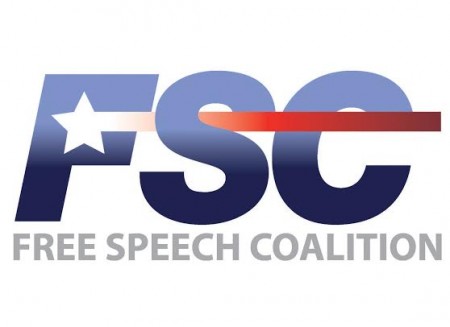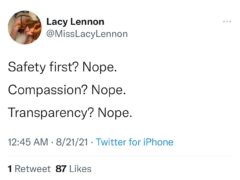by J.D. Obenberger from http://www.xxxlaw.com/news/index.html NL-(Good site I highly recommend it)

April 16, 2012 Update – Third Circuit Reverses and Remands the Philadelphia Section 2257 Case
On April 16, 2012, a panel of three judges of the US Third Circuit Court of Appeals reversed the District Court’s orders dismissing the Free Speech Coalition’s case in Philadelphia, which challenges the constitutionality of Section 2257. There will be much more to say about this case.
Now the case goes back to the District Court in Philadelphia. There, FSC will be entitled to amend its complaint to reflect its legal theories and it will be entitled to take discovery, including depostitions, about the methodology and limited effectiveness of Section 2257, its over-reach, and about its invasion of personal privacy. Exciting things may happen.
DOJ may request re-hearing en banc, before all of the judges of the Third Circuit Court of Appeals in an effort to avoid this development. In theory, either side may request rehearing en banc, because, with respect to some issues, the District Court was affirmed.
The ruling is limited to First Amendment Free Speech and Fourth Amendment privacy issues. The Appeals Court will give FSC a chance to discover and demonstrate facts tending to show that the statutory/regulatory scheme is "substantially overbroad" and unconstitutional under Intermediate Tier Scrutiny, amend its Complaint, and discover and demonstrate facts tending to show that inspections of records, especially in the home office of some producers, violates their 4th Amendment privacy rights.
A quite interesting development was the Court’s determination that this scheme must necessarily apply to ALL explicit video production, not just to images made for the purposes of commerce or trade. You will recall that when the first three-judge panel of the Third Circuit, in the Connections Case, found the statute to be unconstitutional, they did so largely because it invaded the privacy of the home and and applied to the most intimate videos made by couples. DOJ then issued new Regulations and commentary in December 2008, with a preamble that said the scheme applied only to material intended for commerce or trade. Then, the en banc panel of all of the judges of the Third Circuit reversed and upheld the statute’s constitutionality. (Though they made no explicit mention of this preamble or the statement just cited.)
The en banc panel questioned whether making such a video was a widespread enough phenomenon to be constitutionally significant. Similarly, the trial judge in Philadelphia doubted that this was an important enough matter to base a decision upon. When the Philadelphia case went to oral argument, the DOJ advocate undermined the integrity of the preamble’s apparent language by casually noting that when the video left the private couple’s front door, at that point, it was subject to regulation. But this panel of the Third Circuit is simply not buying the disengenuously-shifting position of DOJ. It squarely holds that Section 2257 is intended to regulate ALL explicit productions, and that its constitutionality must be judged on that basis. This is quite encouraging.









